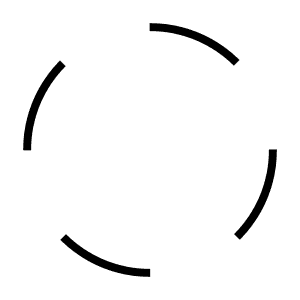One of the best records of 2017 for sure. Four of the most idiosyncratic and creative voices at the margins of jazz, imagine their way into and around the music and philosophy of Ahmed Abdul-Malik. This is music to listen, dance and think to. A new jazz record, from a new jazz band.
[Ahmed] make music about the music of Ahmed Abdul-Malik. They excavate, re-inhabit and use a-new the now overlooked documents, and fragmentary plans, of his mid-20th century synthetic vision to produce a new jazz imagination for the 21st century.
Ahmed-Malik (1927-1993) was a NYC bassist, oudist, composer, educator and philosopher. A potent(ial) influence on Coltrane and Monk (we imagine), he was also a significant composer in his own right. (Ignored into creative obscurity, he spent his final decades teaching, and performing seldom). His albums Jazz Sahara (1958) and East Meets West (1960) fuse aspects of Arabic and East African musics and thought, his committed long-term relationship with Sufi Islam, and then-modern jazz and thinking – in revolutionary and vital ways. The product is exciting, radical, raw, and beautiful.
But, as well as honouring these traditions, Abdul-Malik invented and imagined a lot*. Abdul- Malik’s straddling, synthetic and inclusive vision is one of the great projects of the imagination in jazz. He mixed sounds and ethics, meanings and beliefs in open, experimental ways without dogma.
And so do [Ahmed]. They visit and (re)think his compositions and the process potential in them. They play the notes, but use them, and the ideas in and about them, as vehicles for their unique imaginations, instrumental approaches and ideas. Through his compositions they re-imagine and re-synthesize, moving from what they know into newly creative space. They imagine themselves into the future, free of the dogma, clichés and cloy neo-classicisms of current ‘improvised music’ and ‘free jazz’.
** Kelley, R.D.G. (2012) ‘Ahmed Abdul-Malik’s Islamic Experimentalism’ in Africa Speaks, America Answers: Modern Jazz in Revolutionary Times. Cambridge: Harvard University Press: 91-119 talks about this in his brief but fascinating study.
---
Joel Grip / bass
Antonin Gerbal / drums
Pat Thomas / piano
Seymour Wright / saxophone
---
Recorded live at Hagenfesten in Dala-Floda, Sweden, August 6, 2016 by Arve Birkeland. Mixed at Studio206.de by Patrick Petzold Photography and design by Sven-Åke Johansson. Produced by Joel Grip and Seymour Wright. Sleeve notes by Robert Levin.









